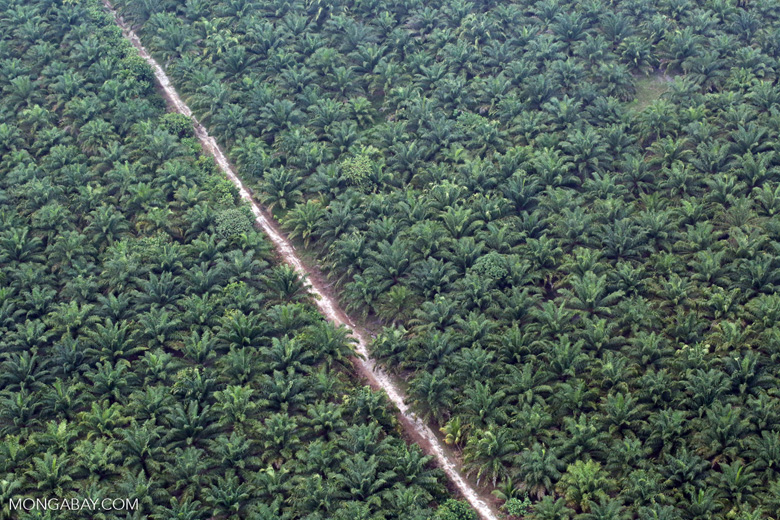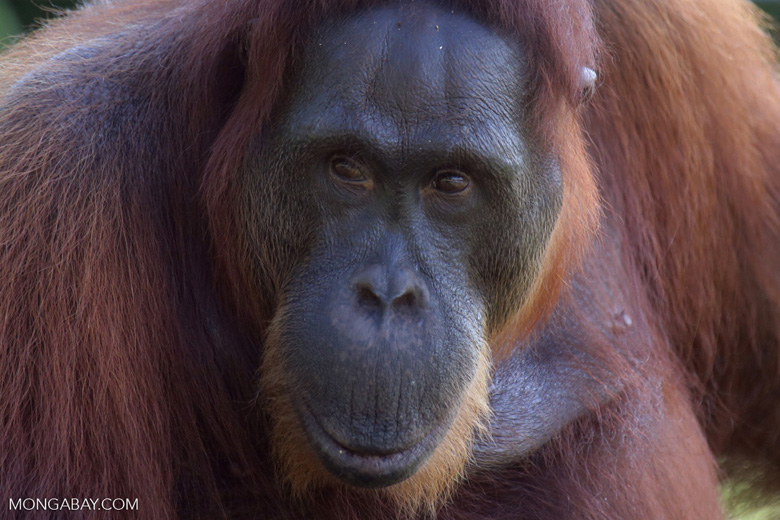In late 2023, London-based investigative journalism organization, The Gecko Project, published “Chasing Shadows,” a report that strengthened civil society efforts to keep private sector actors tied to a high risk of tropical deforestation accountable. The investigation was carried out under a Mongabay project that also was part of a reporting collaboration coordinated by the International Consortium of Investigative Journalists, involving a team from 28 countries.
Building on long-standing expertise, networks and reporting in Indonesia, the investigation and follow-up articles demonstrably contributed to much-needed transparency in the sustainable palm oil sector. It exposed how one of the world’s largest palm oil producers had presented itself as a sustainable company while simultaneously managing entire ‘shadow’ groups of companies with opaque ownership structures that have collectively cleared more rainforest than any other company for palm oil in the past half-decade.



